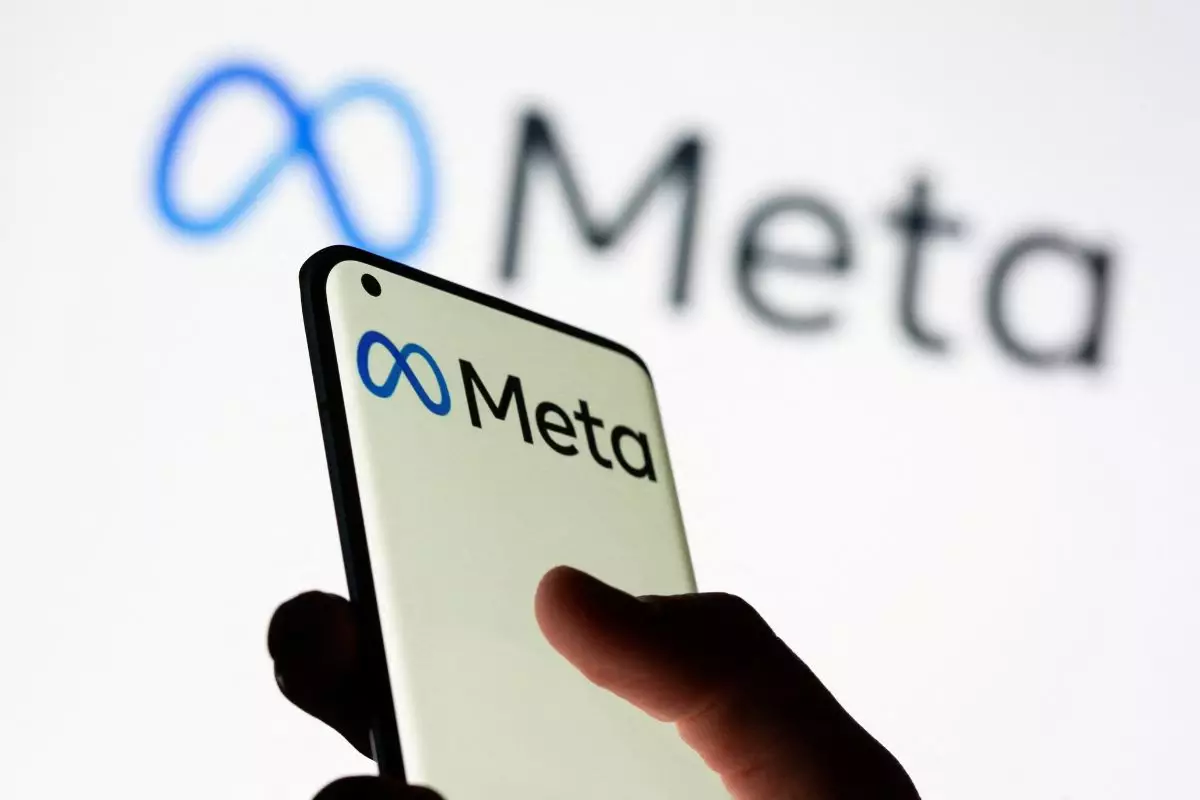In 2018, Mark Zuckerberg, the CEO of Meta, found himself wrestling with a critical dilemma that would decide the fate of one of the most popular photo-sharing platforms in the world: Instagram. Faced with an increasing likelihood of antitrust scrutiny, Zuckerberg toyed with the idea of spinning Instagram off as a separate entity. This revelation surfaced during his recent court appearances, underscoring the precarious balance between corporate strategy and government intervention in the tech industry. The document in question reveals a startling insight into Zuckerberg’s psyche during a time when Meta appeared invincible, shining a spotlight on vulnerabilities that few acknowledged until now.
The U.S. Federal Trade Commission (FTC) is currently on a crusade to dismantle Meta’s acquisitions of Instagram and WhatsApp. This legal pursuit brings to the forefront questions not only about corporate power but also the ethical implications of how large tech companies navigate competition in a rapidly evolving marketplace. Zuckerberg’s decision to contemplate a spinoff was not merely a strategic consideration; it exemplified a growing awareness that the corporate landscape might force Meta into a division by external pressures, particularly with potential shifts in administration favoring strict regulatory measures against Big Tech.
The “Buy or Bury” Strategy: A Double-Edged Sword
This situation is further compounded by the FTC’s assertion that Meta employs a “buy or bury” strategy, systematically acquiring potential competitors to maintain its monopoly on social media platforms. Zuckerberg’s comments during the trial seem to confirm these allegations. He stated that the decision to purchase Instagram was influenced by its superior camera capabilities—an admission that implicates Meta in a broader strategy of stifling competition. In essence, this leads us to ask whether Meta’s business model prioritizes innovation or merely perpetuates a cycle of dominance that sidelines emerging threats.
Although Zuckerberg’s past words may suggest a willingness to stifle competition through acquisition, the narrative is not entirely one-sided. He pointed out the challenges of creating successful new apps, noting that many of their attempts had ultimately flopped. “Building a new app is hard,” he candidly mentioned, a sentiment that resonates with countless tech entrepreneurs who grapple with the unpredictable nature of innovation. However, this raises an essential question: should the failings of the established giants be used as a justification for surpressing smaller, inventive firms? The dichotomy between long-term strategic thinking and short-term competitive actions shapes the very fabric of the tech landscape.
The Future: A Fragile Ecosystem
The question that looms ominously over Meta is the future viability of its “family of apps.” Zuckerberg’s musings about the potential separation of Instagram and WhatsApp ring especially poignant in a time of heightened scrutiny. As legislative bodies evaluate the monopoly power wielded by organizations like Meta, there exists a pressing need for companies to adapt quickly—both to maintain competitive relevance and to adhere to legislative demands.
The commentary regarding possible future administrations taking stronger stances against Big Tech adds another layer of complexity to this issue. If political tides shift, Zuckerberg’s concerns regarding potential spinoffs become more than idle thoughts; they signify a genuine risk that could alter the fundamental structure of Meta. The idea that Instagram—an entity that has evolved into a juggernaut in its own right—could be severed from its parent company is a sobering possibility that deeply implicates the company’s strategic philosophy.
A Critical Reflection on Corporate Ethics
As the trial unfolds, the ethical ramifications of corporate dominance are under examination. Zuckerberg has insisted that Meta’s acquisitions enhance consumer options by integrating and improving various platforms. However, skepticism persists regarding whether the intentions behind these acquisitions are genuinely altruistic or steeped in self-preservation, putting social betterment on the back burner. The sentiment that “most companies perform better after they’ve been split up” injects an interesting twist to the conversation, suggesting that liberation may lead to innovation instead of stagnation.
During the trial, one can’t help but feel a sense of unease over the fragility of our digital ecosystem—one predominantly dominated by a handful of giants. The FTC’s efforts symbolize a societal yearning for restoring balance, ringing alarms about unchecked power that often disregards public interest. Whether or not the governing bodies succeed in their mission remains to be seen, but what is clear is that the stage has been set for a critical reassessment of the role that these ubiquitous platforms play in our lives.
In the face of adversity, Zuckerberg’s reflections highlight a crossroads where corporate ambition collides with the broader social responsibility that comes with such vast power. As he navigates this trial, questions surrounding the ethical implications of his decisions, the reflexive business maneuvers made to protect market share, and what the future holds for both Meta and its audience remain center stage, demanding a response not just from Zuckerberg but from society at large.


Leave a Reply